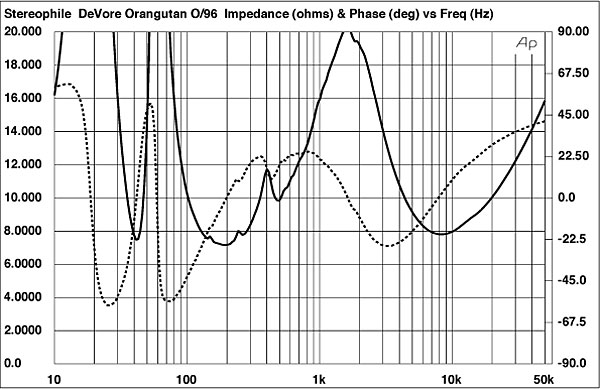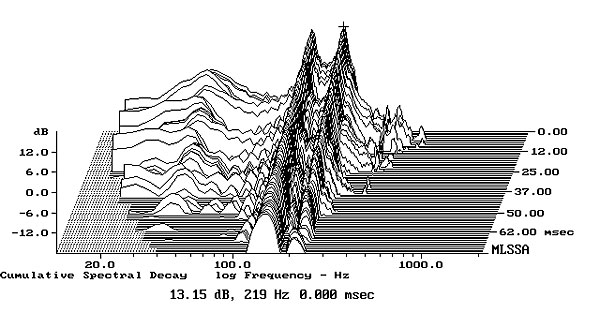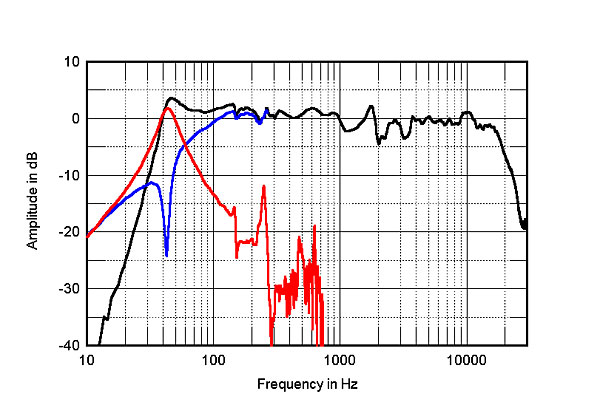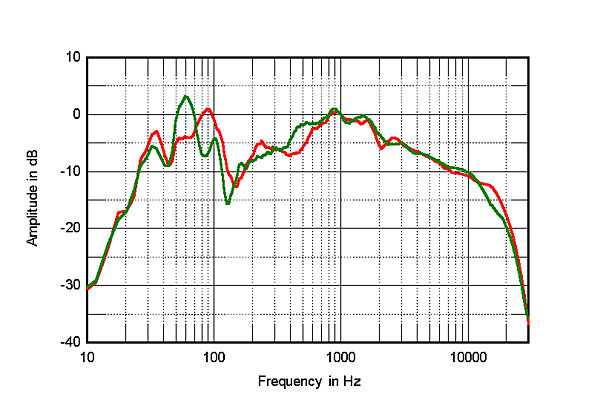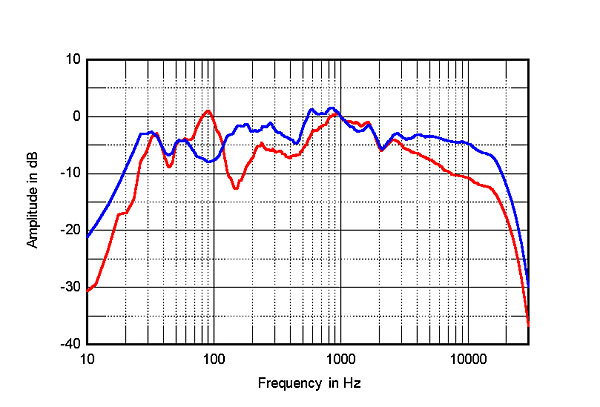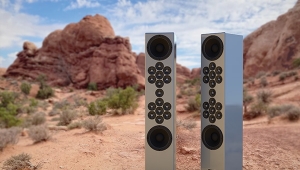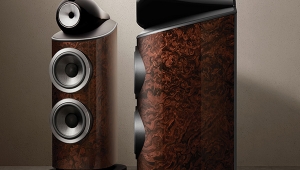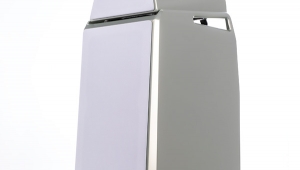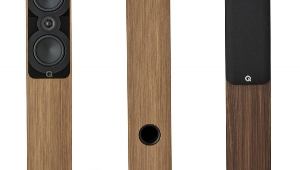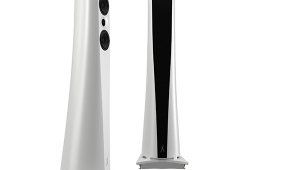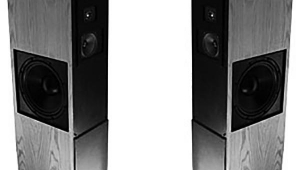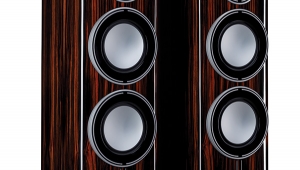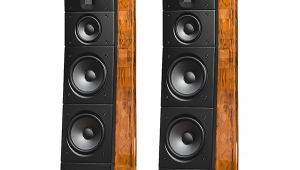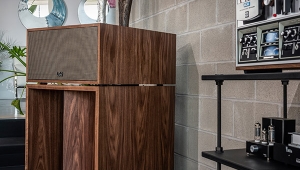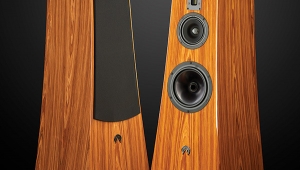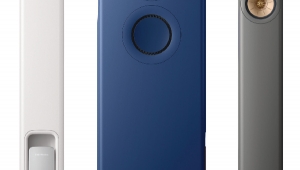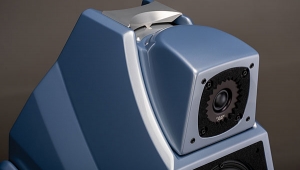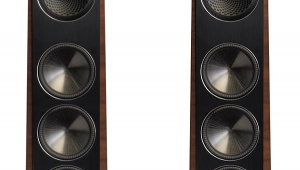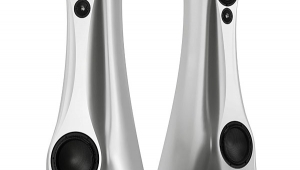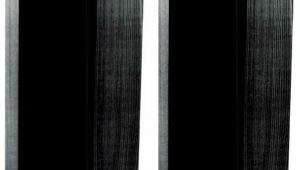| Columns Retired Columns & Blogs |
Art - I enjoyed reading your review, not least because I am a happy owner of the DeVore O/96s. But beyond any need for validation that I may or may not have made the right choice a year ago, I have learned so much from your writings and along with Michael F, they re-kindled my interest in both analog and putting together a system that would satisfy me emotionally and allow me to really connect with my number one priority, music.
With the aid of a wonderful dealer in my area, who has spent an inordinate amount of time with me, allowing me to listen to a variety of systems, I have been able to acquire at last a truly satisfying setup. Oddly enough that system is composed of Shindo, Garrard, EMT, A23 and DeVore, go figure.
A belated thank you for sharing your passion.
Barr
